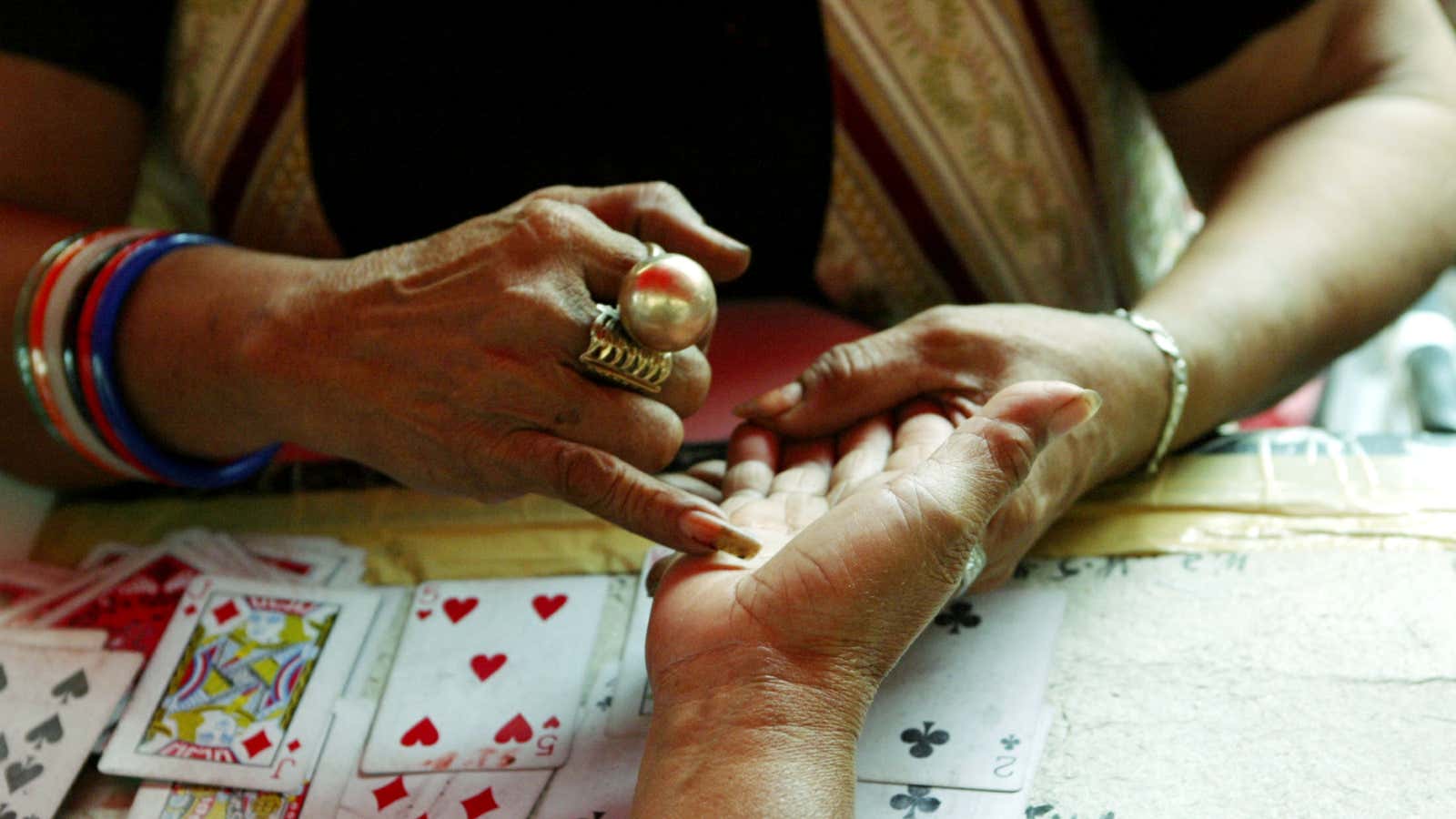If your head were transplanted onto your brother’s or sister’s body, would it be you with a new body? Or your sibling with a new head?
Once the realm of undergraduate philosophy courses or science fiction, questions like this may be closer to reality, given a recent paper by an Italian neuroscientist suggesting that the technical barriers to such transplants are now surmountable. But even if the technical aspects of head transplants could be overcome, what about the ethics? In some respects, replacing a diseased or injured body shares many parallels with transplant surgeries to replace a damaged kidney or heart or a limb lost on the battlefield. In this way of thinking about head transplants, instead of replacing an organ or a limb, all but the head are from the donor. In the case of a head in need of a working body—really a body transplant—we might say that the person would persist, but with all of his or her faulty parts replaced. That seems to overlook some basic features of the human experience, however.
When I look down at my fingers typing on a keyboard I recognize them as my fingers and I have to wonder what the experience would be like to have my brain control the actions of what had once been someone else’s body. Luckily these are not questions that require immediate answers, but better to discuss them now in advance of the day when the first such transplant is proposed.
We welcome your comments at [email protected].
